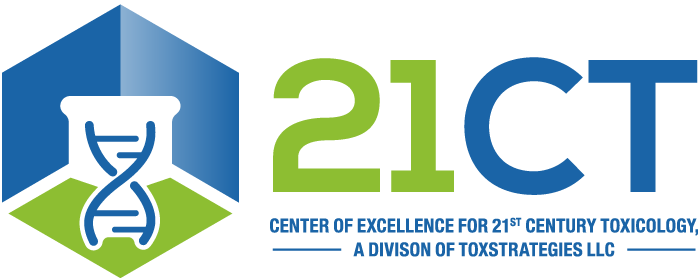Fitch S, Rogers J, Marty S, Ellis-Hutchings R, Becker R, Wikoff D . Development of a study quality tool for use in a systematic review of literature reporting microplastic exposure and reproductive and developmental toxicity. Poster presented at Society of Toxicology 62nd Annual Meeting, Nashville, TN, March 2023.
Publication: Abstracts and Presentations microplastics , reproductive toxicology , Systematic Review
Rivera BN, Svetlik A, Klaren WD , Wikoff DS , Henderson RG . Scoping review of the immunomodulatory effects of cannabidiol: Effects within T cells. Poster presented at Society of Toxicology 62nd Annual Meeting, Nashville, TN, March 2023.
Publication: Abstracts and Presentations Systematic Review
East A, Rish W, Klaren WD . Using NHANES data to characterize the magnitude of allostatic load in vulnerable communities: Impact to existing risk assessment uncertainty/variability factors. Poster presented at Society of Toxicology 62nd Annual Meeting, Nashville, TN, March 2023.
Publication: Abstracts and Presentations community health , NHANES , risk assessment
Thompson CM , Proctor DM , Harris MA. 2023. Letter to “Chepelev et al. Establishing a quantitative framework for regulatory interpretation of genetic toxicity dose–response data: Margin of exposure case study of 48 compounds with both in vivo mutagenicity and carcinogenicity dose–response data.” Environ Mol Mutagen 64(4):259–260; doi: 10.1002/em.22537 . PMID: 36916184.
Publication: Manuscripts carcinogens , dose-response , regulatory toxicology
Patlewicz G , Shah I. 2023. Towards systematic read-across using Generalized Read-Across (GenRA). Comput Toxicol 25(Feb):100258; doi: 10.1016/j.comtox.2022.100258 . PMID: 37693774.
View Abstract
Publication: Manuscripts NAMs
Houck K, Paul Friedman K, Feshuk M, Patlewicz G , Smeltz M, Clifton S, Wetmore BA, Velichko S, et al. 2023. Evaluation of 147 perfluoroalkyl substances for immunotoxic and other (patho)physiological activities through phenotypic screening of human primary cells. ALTEX 40(2):248–270; doi: 10.14573/altex.220304 . PMID: 36129398.
View Abstract
Publication: Manuscripts chemical safety assessment , PFAS
Adams M, Hilde H, Chang D, Richard A, Williams AJ, Shah I, Patlewicz G . 2023. Development of a CSRML version of the Analog Identification Methodology (AIM) fragments and their evaluation within the Generalized Read-Across (GenRA) approach. Comput Toxicol 25(Feb):100256; doi: 10.1016/j.comtox.2022.100256 . PMID: 36733411.
View Abstract
Publication: Manuscripts NAMs
Wood CW, Walter E, Espinosa C, Enriquez-Bruce ME, Budhecha S, Elliott A, Domachowske J,…, Suh M , et al. Results from four US health systems: (1) Seasonality of infant lower respiratory tract infections, including those caused by RSV, was altered during the COVID-19 pandemic; and (2) Infant hospitalizations and ICU admissions for bronchiolitis and RSV-bronchiolitis are at historic highs during 2022 early seasonal disease. Companion posters presented at the 7th ReSViNET Conference, Respiratory Syncytial Virus Foundation, Lisbon, Portugal, February 2023.
View Abstract
Publication: Abstracts and Presentations COVID-19 , Epidemiology
Boyce M, Favela KA, Bonzo JA, Chao A, Lizarraga L, Moody LR, Owens EO, Patlewicz G , et al. 2023. Identifying xenobiotic metabolites with in silico prediction tools and LCMS suspect screening analysis. Front Toxicol 5(Jan 18):1051483; doi: 10.3389/ftox.2023.1051483 . PMID: 36742129.
View Abstract
Publication: Manuscripts spectrometry
Lizarraga L, Suter GW, Lambert JC, Patlewicz G , Zhao JQ, Dean JL, Kaiser P. 2023. Advancing the science of a read-across framework for evaluation of data poor chemicals incorporating systematic and new approach methods. Regul Toxicol Pharm 137(Jan):105293; doi: 10.1016/j.yrtph.2022.105293 . PMID: 36414101.
View Abstract
